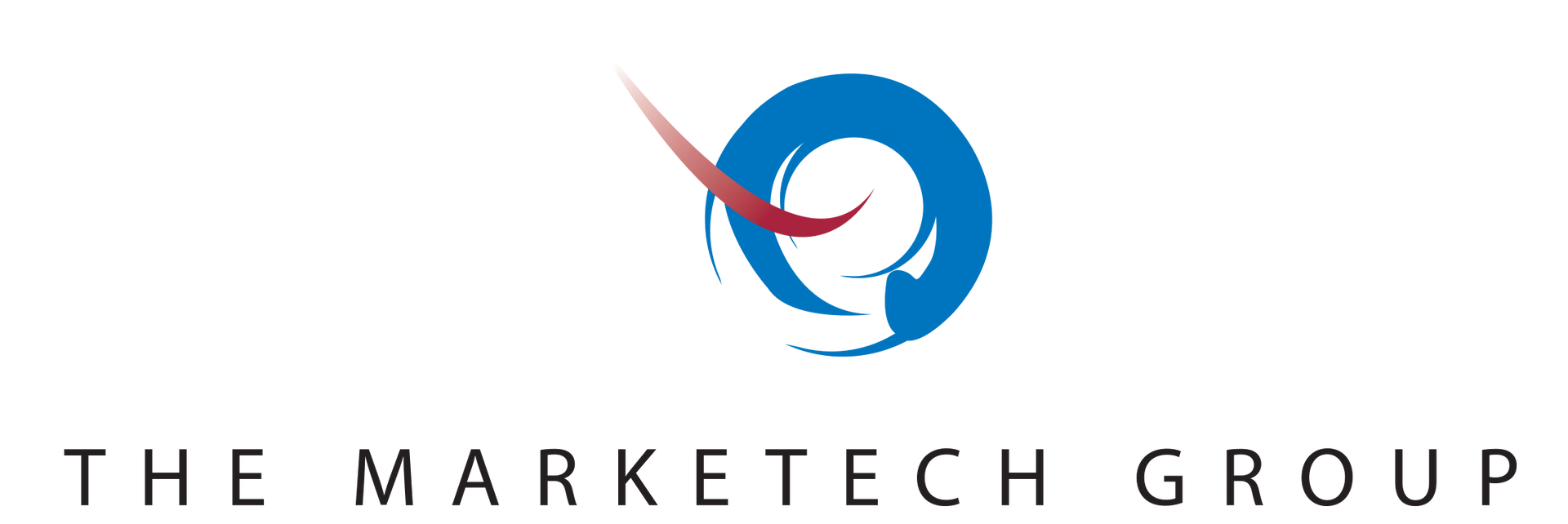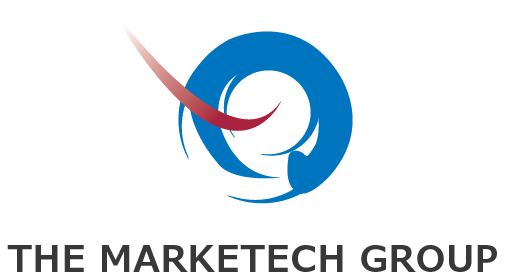How to Choose Your Marketing Research Partner
Share this article:
Written by: The Marketech Group
7 Key Questions to Ask a Marketing Research (MR) Firm Before Hiring Them

Marketing research (MR) is a critical component in the medical technology and healthcare industries, where product development, clinical validation, and commercialization require significant capital investments and carry substantial risk. Companies must ensure they have access to accurate, reliable, and actionable data in order to develop, price, launch, and promote products effectively. This is key to maximizing both revenue potential and market impact.
Given these high stakes and the essential need for unbiased, high-quality data, many healthcare and medical technology companies choose to work with specialized marketing research consulting firms. These firms provide the expertise required to design and execute targeted research plans, generate deep insights, and support strategic decision-making across the product lifecycle.
With a crowded vendor landscape and a wide range of capabilities, it can be overwhelming to identify and select a partner that truly fits your needs.
Before making a decision, ask yourself the following SEVEN (7) essential questions to help you find the ideal marketing research firm.
1. Does the MR firm possess certifications that demonstrate their commitment to marketing research best practices and policies?
Many certifications exist to help differentiate high-quality market research agencies from those that may not follow rigorous standards. Verifying these credentials helps ensure the firm you choose follows established professional, ethical, and data quality guidelines. This is especially important when your team is relying on external partners to inform high-impact business decisions.
Two of the most recognized certifications include:
- ESOMAR: Members adhere to the ICC/ESOMAR International Code on Market and Social Research. This code outlines global best practices and emphasizes ethical conduct, participant confidentiality, transparency in data handling, and integrity in reporting.
- Insights Association (formerly CASRO): Members comply with IA Code of Standards. This framework is internationally respected and covers respondent rights, sampling practices, analytical rigor, and privacy policies.
Working with a certified firm gives you peace of mind that your research is being conducted responsibly and according to established norms. It also signals the firm’s commitment to quality and professionalism, which can influence everything from project planning to how your final data is interpreted and presented. to established norms. It also signals the firm’s commitment to quality and professionalism.
2. Does the MR firm staff have relevant industry expertise?
Not all research firms are knowledgeable enough to support companies in specialized industries like healthcare and medical technology. Many firms develop deep expertise in particular sectors, and it’s important to choose one with a clear track record in your space.
A research firm with experience supporting medical technology or healthcare clients will already understand the nuances of your market. They’ll know the technologies driving innovation, the types of professionals influencing purchasing decisions, and the organizational dynamics that affect adoption.
This experience is especially valuable when working with clinician audiences, technical users, or hospital-based stakeholders. Compared to industries like consumer goods or traditional tech, medical technology requires a deeper grasp of how purchasing decisions are made and who’s involved. A knowledgeable firm can help you frame questions more effectively, interpret results with the right context, and make recommendations that align with your strategic goals.
Additionally, firms that specialize in healthcare are more likely to be familiar with evolving industry trends, market consolidation, and the impact of economic or policy shifts on buying behavior. Their perspective can add depth to your research and provide valuable context for long-term planning.
3. What are the MR firm's qualitative and quantitative capabilities?
Some firms specialize in either qualitative or quantitative research, while others offer both. A firm that supports both types can provide more seamless project continuity from initial exploration to detailed validation. This allows for a more integrated approach to insight development, particularly when transitioning from early-stage concept testing to large-scale measurement.
Look for a team that offers a variety of tools, such as:
- In-depth interviews (IDIs) that allow you to dive into individual decision-makers’ thought processes.
- Focus groups to explore how groups of users or stakeholders react to concepts or messaging.
- Observational Fieldwork and Ethnographic studies that capture how medical technologies are used in context.
- Online discussion boards that create ongoing conversations and reveal how opinions evolve over time.
- Pricing research (Preference / Demand Modeling) to support value-based pricing strategies and identify acceptable price ranges across customer segments.
- Feature / Benefit analysis (MaxDiff analysis, conjoint) to understand which product attributes matter most and how customers make trade-offs.
- Customer perception and behavioral analysis (Segmentation, perceptual mapping, brand equity) to uncover differences across user groups, map out brand positioning, and assess how perceptions evolve over time.
The key is not just having these capabilities, but being able to apply them with precision in a healthcare setting. A firm might offer conjoint analysis, for instance, but fail to frame the attributes or levels in a way that makes sense to radiologists, infection preventionists, or lab directors. The right firm will not only execute the technical side of the research but ensure it’s grounded in the language, needs, and decision processes of your target market.




